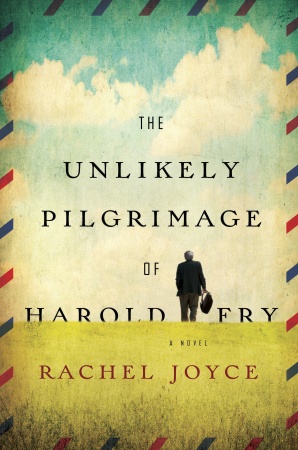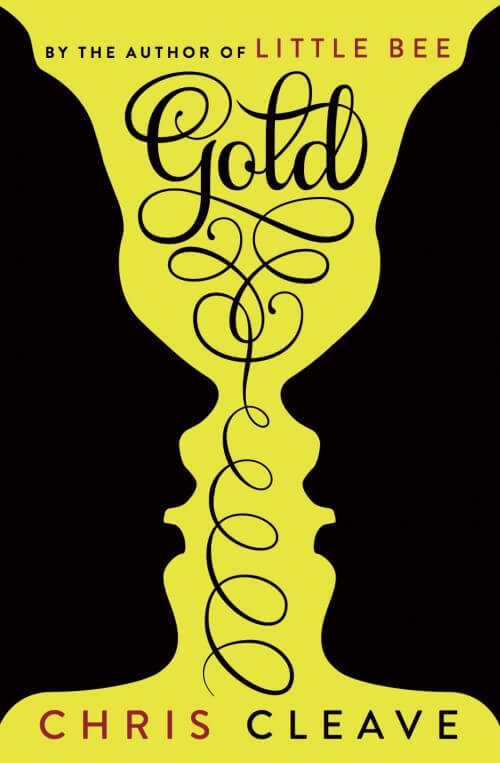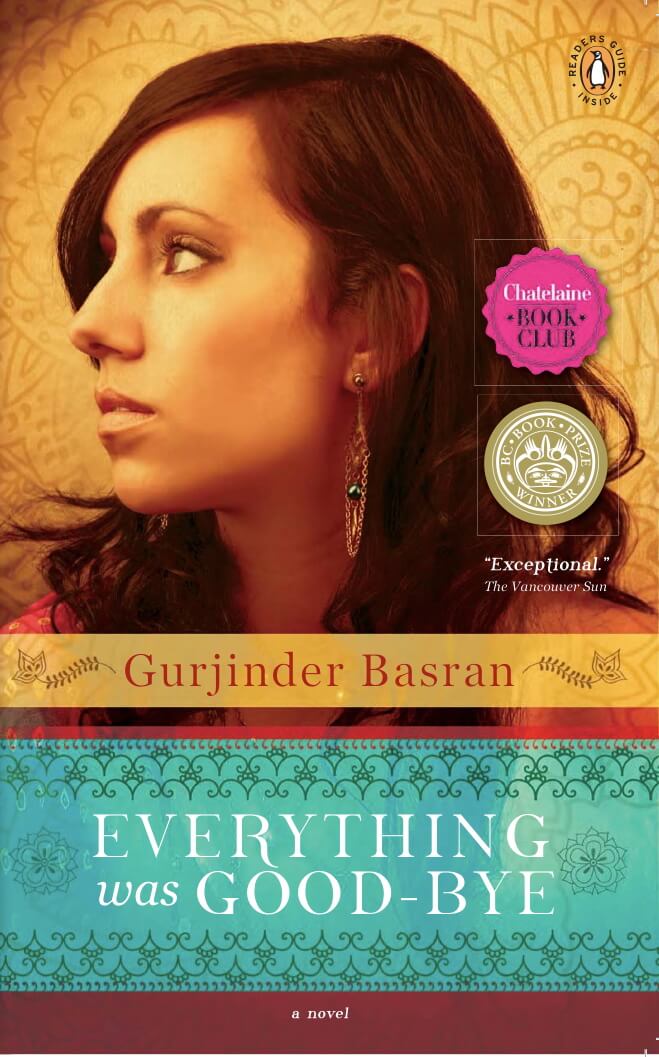From humble beginnings emerges a remarkable journey (or two) in Rachel Joyce’s Man Booker longlisted debut novel. The Unlikely Pilgrimage of Harold Fry opens with an ordinary couple, living a nondescript life in their quiet English home. Harold and Maureen are in their 60s and have been married for 47 years. They keep themselves to themselves, making uncomfortable small talk with the next door neighbour and otherwise going about life in an unremarkable way.
“He understood that in walking to atone for the mistakes he had made, it was also his journey to accept the strangeness of others. As a passerby, he was in a place where everything, not only the land, was open. People would feel free to talk, and he was free to listen. To carry a little of them as he went. He had neglected so many things that he owed this small piece of generosity to Queenie and the past.”
– The Unlikely Pilgrimage of Harold Fry, by Rachel Joyce
From humble beginnings emerges a remarkable journey (or two) in Rachel Joyce’s Man Booker longlisted debut novel.The Unlikely Pilgrimage of Harold Fry opens with an ordinary couple, living a nondescript life in their quiet English home. Harold and Maureen are in their 60s and have been married for 47 years. They keep themselves to themselves, making uncomfortable small talk with the next door neighbour and otherwise going about life in an unremarkable way.
Then one day, Harold receives a letter from a former co-worker named Queenie Hennessy who is writing to say goodbye because she has cancer and is dying. Harold is knocked off-kilter: he hasn’t spoken to Queenie in 20 years. When he goes to mail his response, he feels it’s not enough. After a random encounter with a girl who works in a garage, Harold comes to a decision, or a realization, that is somewhat startling for him: if he keeps walking, and believes that Queenie will be waiting for him at the end of that walk, then Queenie will keep living. He calls her hospice and asks them to pass along the message that he will be walking to her, from Kingsbridge in the south to Berwick-upon-Tweed in the north, over 500 miles. She must keep living as long as he keeps walking, he insists, and off he goes.
The premise is simple, and a bit illogical, and the protagonist is fully aware that his journey doesn’t make rational sense. Continue reading “Extraordinary ordinariness: A review of The Unlikely Pilgrimage of Harold Fry by Rachel Joyce”




